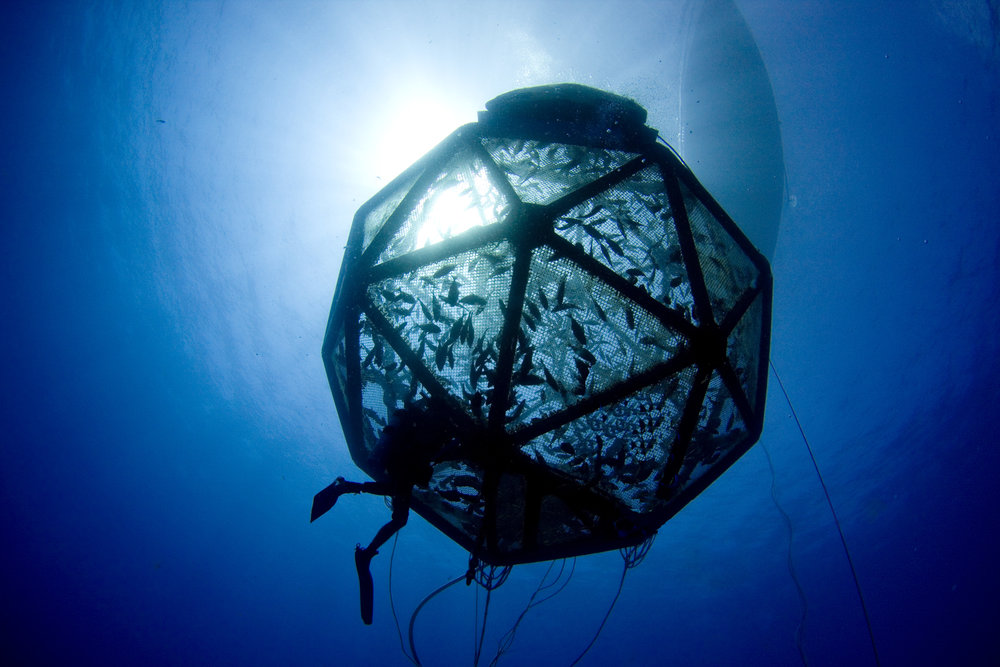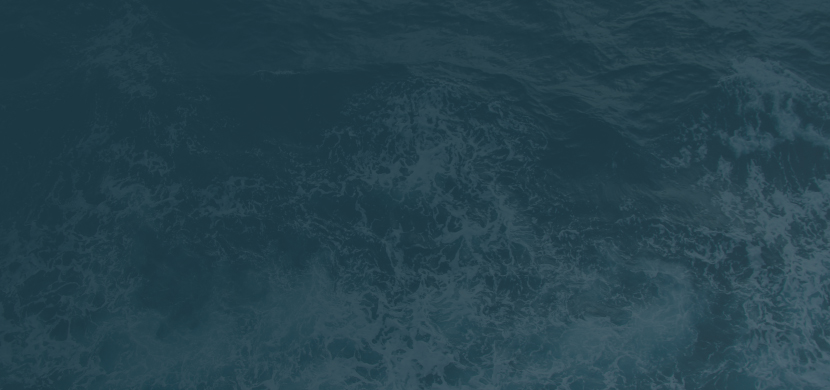September 25, 2020
Senate bill would establish U.S. offshore aquaculture rules

A federal appeals court has upheld a lower court ruling against NMFS plans for permitting ocean pen aquaculture in federal waters. Kampachi Farms photo.

You've caught the limit!
Free membership gives you access to:
- Unrestricted access to all NationalFisherman.com articles.
- Receive in-depth reports and research on various topics related to the fishing industry.
- Up-to-date news updates from the fishing industry delivered directly to your inbox twice a week.






